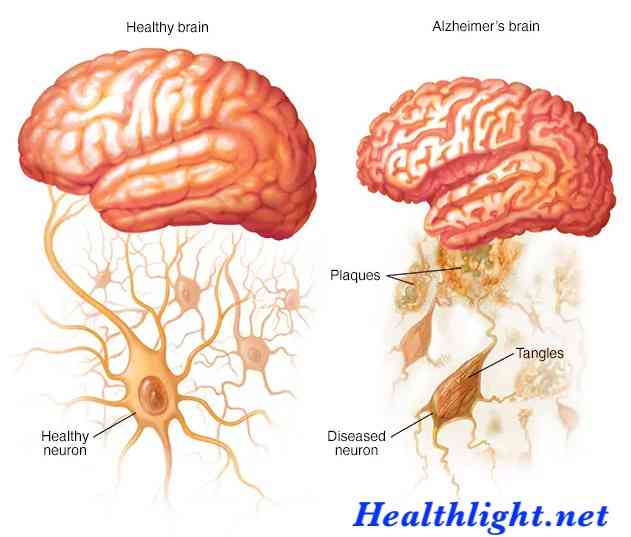An Endocrinologist is a doctor who specializes in diagnosing and treating conditions related to the body’s hormones and glands. The endocrine system includes organs like the thyroid, pancreas, adrenal glands, ovaries, and testes, which control growth, metabolism, reproduction, and overall balance in the body.
If you have conditions such as diabetes, thyroid disease, infertility, or hormonal imbalances, an endocrinologist is the right specialist to consult.
What is an Endocrinologist?
An Endocrinologist is a medical doctor who specializes in diagnosing, treating, and managing diseases related to the endocrine system the network of glands that produce hormones. These hormones control vital functions such as metabolism, growth, reproduction, and mood regulation.
Endocrinologists treat conditions like diabetes, thyroid disorders, PCOS, infertility, adrenal gland problems, and metabolic issues. They use blood tests, imaging scans, and hormone therapy to restore balance and improve overall health.
Simply put, an endocrinologist is a hormone specialist who helps patients maintain proper hormonal balance for a healthy body and mind.
What Do Endocrinologists Do?
Specialists focus on the endocrine system, which is responsible for hormone production and regulation. They:
- Diagnose hormone-related disorders.
- Prescribe medications to restore balance.
- Provide lifestyle guidance for managing chronic conditions.
- Collaborate with other specialists for complex cases.
Conditions Treated by Endocrinologist:
Diabetes:
- Type 1 and Type 2 diabetes
- Insulin management and blood sugar monitoring
- Prevention of diabetes-related complications
Thyroid Disorders:
- Hypothyroidism (underactive thyroid)
- Hyperthyroidism (overactive thyroid)
- Thyroid nodules and cancer
Hormonal Imbalances:
- Polycystic ovary syndrome (PCOS)
- Menopause and low testosterone
- Infertility caused by hormone problems
Metabolic Disorders:
- Obesity management
- High cholesterol and metabolic syndrome
Adrenal and Pituitary Disorders:
- Cushing’s syndrome
- Addison’s disease
- Pituitary tumors
When Should You See an Endocrinologist?
You may need an Specialists if you experience:
- Unexplained weight gain or loss.
- Constant fatigue or mood changes.
- Irregular periods or infertility.
- Excessive thirst and frequent urination.
- Swelling in the neck (possible thyroid issues).
- Hair loss or unusual hair growth.
How Endocrinologists Diagnose Problems?
Specialists use:
- Blood tests to check hormone levels.
- Imaging scans (ultrasound, MRI) for gland abnormalities.
- Stimulation or suppression tests to see how glands respond.
Treatments Endocrinologist Provide:
- Medications: Thyroid hormones, insulin, hormone replacement therapy.
- Lifestyle counseling: Diet, exercise, and weight management plans.
- Surgery referrals: For gland tumors or nodules.
- Long-term monitoring: Regular follow-ups for chronic conditions.
Importance of Endocrinologists:
Hormones affect nearly every part of the body. If left untreated, endocrine problems can lead to heart disease, infertility, obesity, and even cancer. By working with an endocrinologist, patients can improve quality of life and prevent serious complications.
Role of an Endocrinologist in Patient Care:
Endocrinologists not only diagnose and prescribe treatments but also help patients manage chronic conditions over time. They work with other specialists like cardiologists, gynecologists, and nutritionists to create personalized care plans.
Their approach may include:
- Blood tests to check hormone levels.
- Prescribing medications (like insulin or thyroid hormones).
- Recommending lifestyle changes (diet, exercise, stress management).
- Regular follow-ups to monitor progress.
How Endocrinologists Help with Long-Term Health?
Endocrinologists don’t just treat immediate symptoms they focus on long-term hormone management to prevent serious complications. For example, in diabetes care, they help patients avoid kidney damage, vision loss, and nerve problems by carefully monitoring blood sugar and adjusting treatments. In thyroid conditions, they ensure hormones remain balanced to protect heart health and energy levels. By working closely with patients, endocrinologists provide ongoing guidance that supports a healthier, more balanced life.
Final Words:
An Endocrinologist plays a vital role in managing diseases that stem from hormonal imbalances. From diabetes and thyroid disorders to reproductive and metabolic health, these specialists provide expert care to keep your hormones in balance.
If you notice persistent symptoms like fatigue, weight changes, or irregular cycles, consulting an endocrinologist can help you find the right treatment plan for long-term health.








